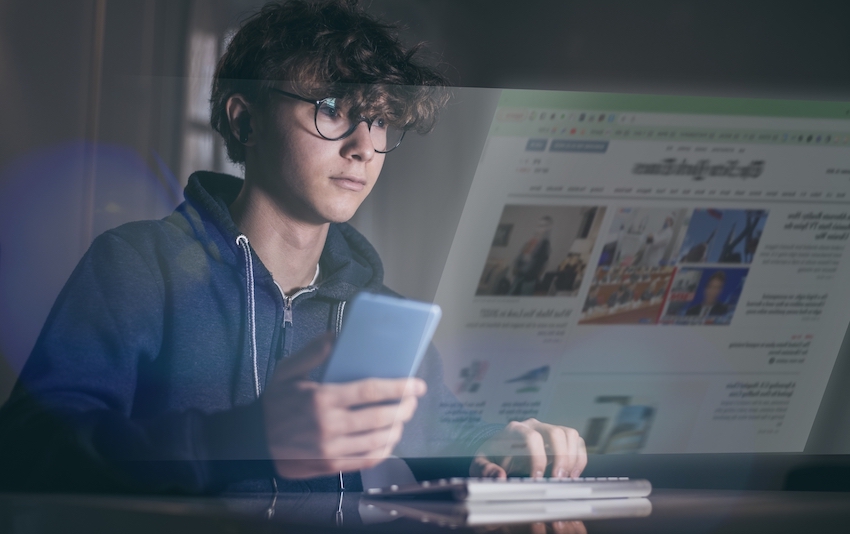2023 McCourt Projects

 Adolescent reading newspaper on computer and smartphone
Adolescent reading newspaper on computer and smartphone
Teaching Online News: Access to Digital Media, News Consumption and Political Knowledge – Evidence from a Randomized Experiment
Grantee: Julia Cagé
Duration: 3 years
Description:
Over the past few years, the issue of disinformation has become particularly salient around the world due to the Brexit referendum and Donald Trump’s presidency (see among other Allcott and Gentzkow 2017). Citizens are not equal in front of misinformation. Less-educated people as well as younger ones seem to be more vulnerable to fake news. More generally, “information inequality” is an important concern: people in certain socio-economic segments are much more likely to be informed about recent political events – and to be able to confidently distinguish real news from fake news – than individual in other ones (see in particular Angelucci and Prat 2021). Free access to high-quality news is often discussed as one tool that could be of use to reduce information inequality. In this spirit, a number of countries such as France and Canada have recently introduced policies such as tax credit for a subscription to a newspaper. In 2019, as part of the Protecting Journalism in the Age of Digital Platforms report, Cagé, Prat and others argued in favor of “media vouchers”: give each adult a voucher to donate to her favored media outlets.
But to which extent giving free access to high-quality news (and ensuring high-quality news production) guarantees that citizens who do not consume news will do so when provided with free information, in particular in a digital world where news compete online with entertainment (Gavazza, Nardotto, and Valletti 2019) ? Past research has shown that people may decide to select themselves out of news (see e.g. Prior 2007), and the issue of whether people are used to consuming news is thus a central one. This seems of particular importance for young generations confronted from their early age with an infinite amount of choices. People indeed tend to develop a taste for high-quality news reporting when they are young, so with habit formation they might continue to consume high-quality journalism after they graduate.
While a small number of recent papers in the literature have measured the effects of exposing citizens to politically biased news outlets (Levy 2021; Broockman and Kalla 2021), this research project will be the very first to investigate whether exposing young people to high-quality digital news impacts their political knowledge and overall ability to fight misinformation.










